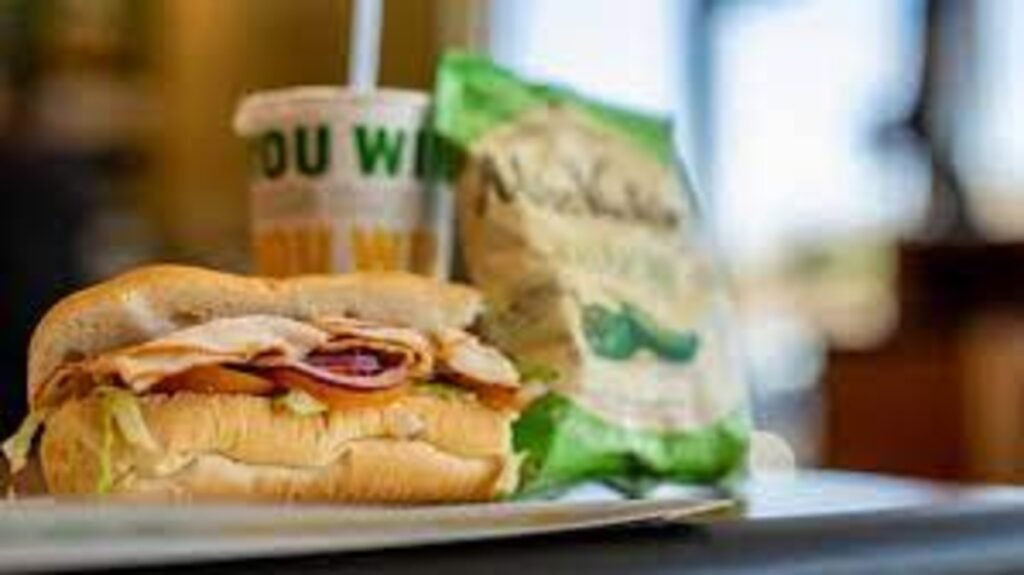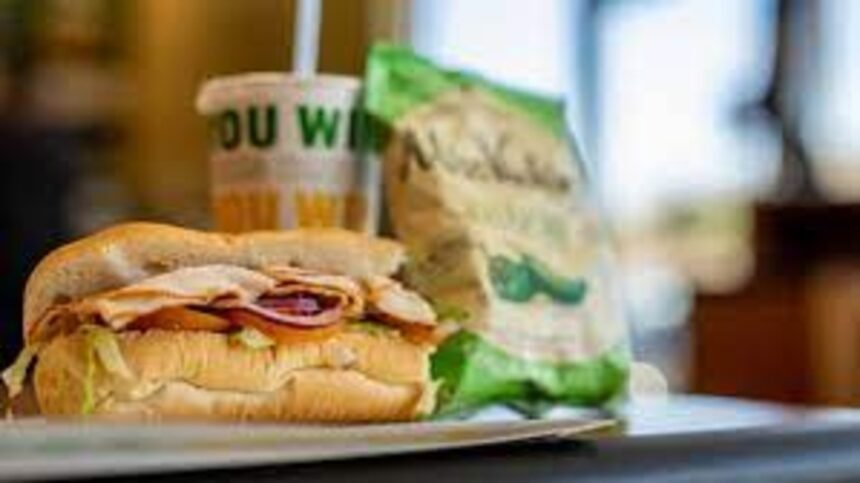Introduction
In a significant development within the fast-food industry, global sandwich giant Subway is poised to undergo a change in ownership.
The Subway sandwich chain boasts a sprawling network of 37,000 outlets spanning over 100 countries. It will be acquired by the Atlanta-based private equity firm Roark Capital. While the exact terms of the deal remain undisclosed, earlier reports suggest that Roark’s offer hovered around a substantial USD 9.6 billion.

Subway CEO John Chidsey, who took the helm in 2019, expressed confidence in the deal, emphasizing its alignment with Subway’s long-term growth potential and the enduring value of the brand. This acquisition is anticipated to provide the much-needed impetus for Subway’s modernization efforts. Along with plans to revamp its restaurants and extend its global footprint, all under the stewardship of Roark Capital.
Roark Capital, known for its proficiency in franchised businesses, manages a formidable USD 37 billion in assets. The firm backs two major holding companies, Inspire Brands and Focus Brands, which oversee a range of renowned restaurant chains. Notable names in these portfolios include Arby’s, Dunkin’, Jimmy John’s, Buffalo Wild Wings, Auntie Anne’s, Carvel, Cinnabon, and Jamba.
Dwindling Market Shares
Subway, which has maintained its status as one of the largest restaurant chains worldwide since its inception in 1965, has faced increased competition within the U.S. market. In recent years, challengers like Panera and Firehouse Subs have gained ground, capitalizing on diverse menus and contemporary store concepts. The company’s share of the USD 43 billion U.S. sandwich and deli market dwindled from 34% in 2017 to around 23% currently, as reported by Technomic, a consulting firm specializing in the food industry.
To counteract this trend, Subway implemented strategic measures. In 2021, it introduced a revamped menu, and the previous year witnessed the launch of a series of chef-designed sandwiches, aimed at rekindling consumer interest. These efforts, however, came in the backdrop of Subway’s announcement in February that it was considering a sale.
Notably, Subway’s recent financial performance has shown promise. The company reported a robust 9.8% increase in global same-store sales for July, reflecting healthy traction despite market challenges. The brand’s proactive approach included the remodeling of 10,000 U.S. restaurants and a significant investment of $80 million to furnish 20,000 U.S. outlets with deli meat slicers—a marked departure from the brand’s traditional model.
Conclusion
As the acquisition unfolds, Subway aficionados and industry experts await further details on the roadmap envisioned by Roark Capital. With its extensive experience and assets, Roark’s entry into the Subway narrative may well shape the course of one of the world’s most recognizable fast-food franchises.






